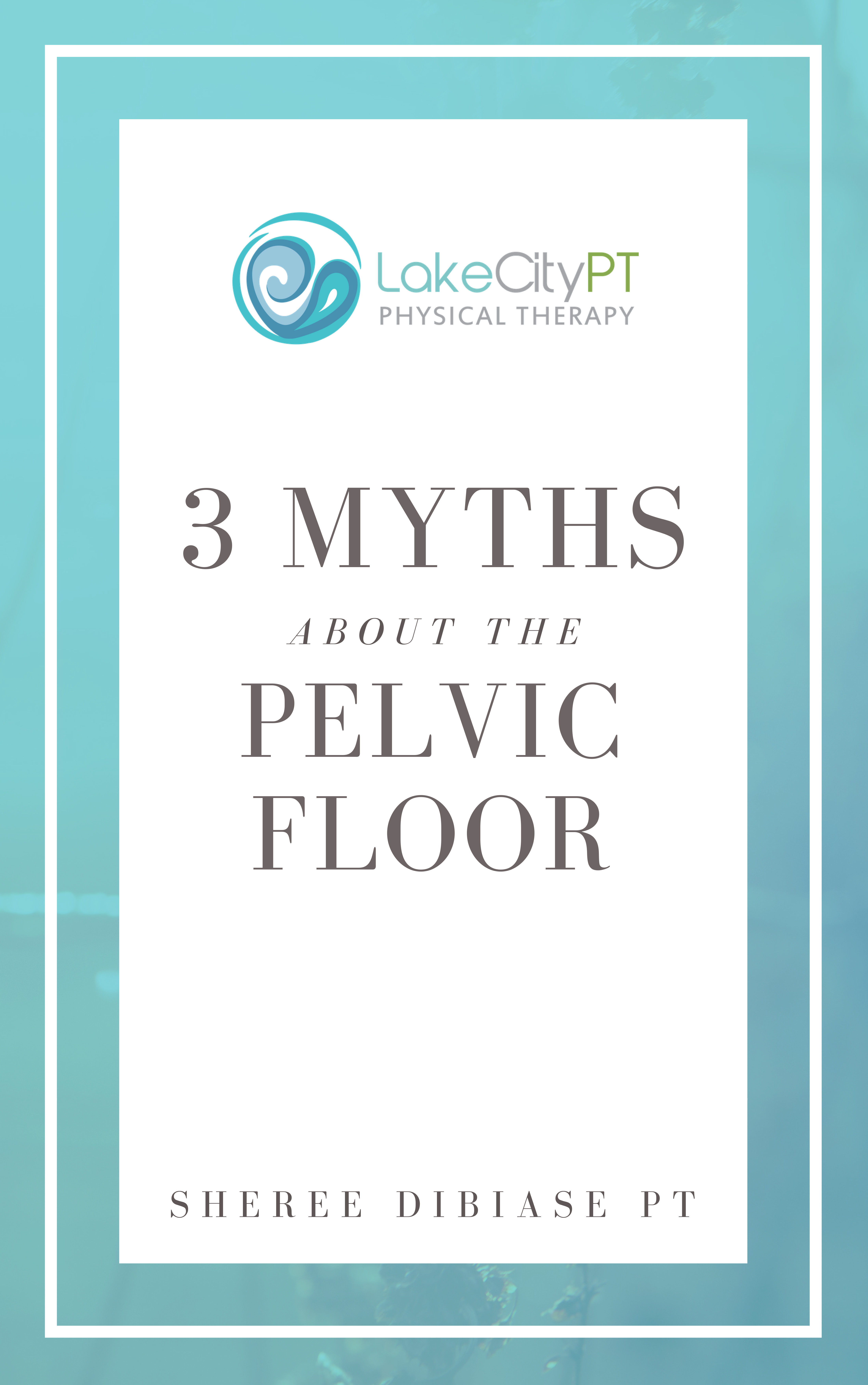IBS and Pelvic Floor Dysfunction
IBS stands for irritable bowel syndrome, an intestinal disorder. This condition causes the muscles in your digestive tract to contract or relax too much. It can lead to uncomfortable symptoms such as constipation, diarrhea, and much bloating. IBS is a chronic disorder, lasting for years. But it doesn’t cause permanent damage to your intestines.
IBS is a long-term condition, but it doesn’t have to limit your daily life. You can treat it by making lifestyle changes and over-the-counter remedies. There are also prescription drugs you can take if these don’t work.
What is Pelvic Floor Dysfunction?
Pelvic floor dysfunction (PFD) is used to describe a group of problems that cause chronic pelvic pain and discomfort. While this condition could potentially affect anyone, it’s particularly prevalent among women. This condition is also called “vulvodynia,” which means pain in the vulva.
Since both conditions are so common among women, it’s easy to assume they’re related. While this assumption might be partially true, there isn’t much evidence to support it yet.
Signs and Symptoms of IBS
The signs and symptoms associated with IBS include;
- Painful cramping in the area of your lower abdomen or pelvis.
- Bloating that could be severe enough to look like a belly roll.
- Constipation and diarrhea (more on this below).
- Having at least two of these symptoms for several weeks but not having any other illnesses that would normally cause these symptoms.
Signs and Symptoms of Pelvic Floor Dysfunction (PFD)
Signs and symptoms associated with PFD include;
- Burning, rawness, or soreness in or around the vagina. This is usually more noticeable after the elimination of waste products.
- A feeling of pressure in the vagina. Sometimes it can feel like there is a tampon in place, but there isn’t one.
- Painful intercourse (also known as dyspareunia). This pain could be caused by something more serious than PFD, such as endometriosis or even vaginismus.
- Pain that is worsened by sitting.
- A chronic ache in the groin, pelvic or vaginal area. This pain could be unresponsive to over-the-counter medications and anti-inflammatory drugs such as ibuprofen and naproxen.
What Causes IBS and Pelvic Floor Dysfunction?
Although both conditions are painful, they aren’t life-threatening. Scientists haven’t pinpointed what causes IBS or pelvic floor dysfunction to date. Some experts think that both conditions may result from the following:
- Abnormal gut bacteria
- Hormone imbalances
- Gastrointestinal infections or food poisoning
- Abnormally functioning muscles in the intestines
- A malfunctioning central nervous system (the CNS)
For a long time, doctors thought that IBS was caused by stress. But the evidence to support this claim is weak, which means it’s more likely that pelvic floor dysfunction is what causes IBS, not the other way around.
Pelvic Floor Dysfunction In Women
This condition may interfere with women’s quality of life because it can cause them to miss out on work or social events. For instance, painful intercourse (dyspareunia) is something that many women have to deal with.
Pelvic floor dysfunction is about four times more common among women than men. This condition can occur in people over the age of 20, and it can affect women of any age.
Pelvic Floor Dysfunction in Men
In men, pelvic floor dysfunction may interfere with their sex lives. This is the case, especially when the dysfunction causes painful intercourse (dyspareunia). However, this condition isn’t as prevalent in men as among women.
Additionally, men who experience pelvic floor dysfunction may develop erectile dysfunction (ED). This causes men to have trouble maintaining an erection long enough for sex.
What’s The Connection Between IBS and Pelvic Floor Dysfunction?
There is a connection between IBS and pelvic floor dysfunction. The pelvic floor comprises of muscles that surround the pelvis. When one is healthy, these muscles relax to allow stool to pass and contract to retain the stool. If one has a problem with pelvic muscles they might suffer from IBS.
The pelvic floor is borders intestinal cavity. This implies that if one organ is infected, the adjacent organs can also be infected and fail to work properly.
The two disorders may share some of the same symptoms because they both affect the muscles in your intestinal walls. But there’s not enough evidence to prove this claim. Some research suggests that women who struggle with IBS might also experience pelvic floor dysfunction due to genetics, hormones, and psychological factors.
Pelvic floor dysfunction may act as a symptom instead of causing IBS all on its own. Pelvic floor muscles may weaken over time due to the following reasons:
- Having children (increasing pressure against the pelvic floor muscles can damage them).
- Being overweight (weight gain puts extra stress on the muscles).
- A genetic predisposition to developing this condition.
- An autoimmune disease such as lupus and rheumatoid arthritis makes it difficult for the body to produce enough collagen and elastin to repair itself.
- A history of pelvic radiation (exposure to high levels of radiation).
Physical Therapy for Pelvic Dysfunction and IBS
Physiotherapy is one of the best ways to curb IBS and pelvic floor dysfunction. One of the benefits is that physiotherapy can be done in a safe, gentle way at home to help you regain the strength and control you need to put an end to your IBS or pelvic floor dysfunction symptoms.
Several physiotherapy techniques will be presented here, including;
- abdominal breathing exercises,
- resistance training for the muscles of the pelvic floor
- exercises to improve the mobility and function of the pelvic floor muscles
In addition, pelvic floor physiotherapy helps women with chronic pelvic pain associated with IBS, chronic constipation, or chronic vaginitis because all of these conditions are related to pelvic floor dysfunction. Treatment is similar to therapy for incontinence except that it incorporates relaxation techniques, pain management, and self-mobilization with assessment, education, and biofeedback.
In Conclusion
Pelvic floor dysfunction can interfere with your sex life and make it difficult to control bowel movements. This condition may be linked to IBS, but the two disorders may also share some of the same symptoms due to their similar effects on the muscles in your intestinal walls.
Physical therapy is one of the best ways to slow down IBS and pelvic floor dysfunction. If you have any of these conditions and require physical therapy to deal with them, then contact Lake City today.

